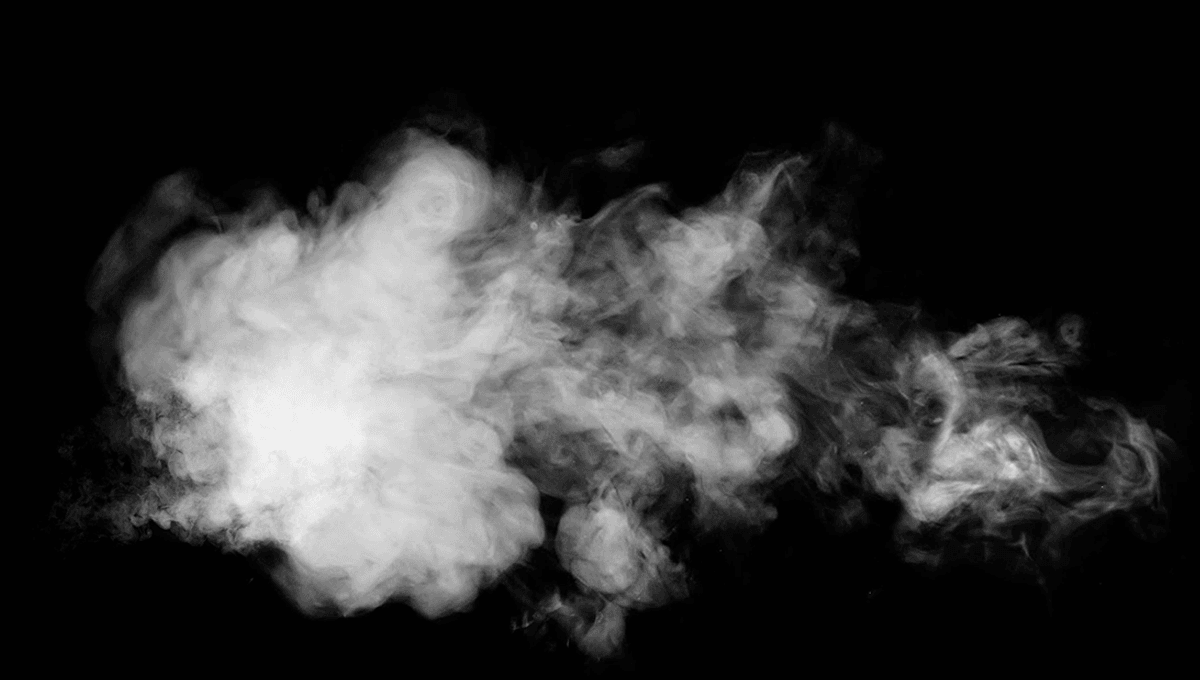
The speed of light in a vacuum is the same wherever you measure it in the universe, according to Einstein’s special theory of relativity. Whether you’re sat on Earth, Mars, or Andromeda, if you measure the speed of light you’ll find it chugging along at a cool 299,792,458 meters per second (983,571,056.43 feet per second), the absolute speed limit of the universe.
Sound is not the same as light. As the poster for Alien explains, in space no-one can hear you scream. Or to put it another way that won’t sell as many movie tickets, sound cannot travel through a vacuum because it is a vibration propagating as an acoustic wave through a medium, be it liquid, solid, or gas.
Sound moves at different speeds through those mediums, traveling faster through greater densities. On Earth, sound moves at 1,500 meters (5,000 feet) per second in water, and in air around 340 meters (1,115 feet) per second. In solids, sound moves much faster, though how fast depends on the solid.
Scientists attempting to calculate the fastest that sound could possibly travel found that it decreases with the mass of the atom, implying that sound would be fastest if it were to propagate through solid hydrogen. Though solid hydrogen only occurs at astonishingly high pressures like those found inside gas giants like Jupiter, they calculated that sound would move along at 36 kilometers per second (22 miles per second) in it, likely the fastest possible speed that sound can travel.
So, what about smell? Firstly, smell occurs when odors – volatized chemical compounds – bind to receptors in your nasal cavity. Some compounds are more volatile than others, meaning that they evaporate more easily in normal Earth conditions, which is what you end up smelling.
Since it is the volatile chemical compound that you are detecting, rather than a wave traveling through a medium, smell is a lot slower than sound. It depends upon the medium through which the smell is traveling. Like sound, pressure and temperature affect how fast smell can propagate.
Smell will diffuse in all possible directions until equilibrium is reached, thanks to the pesky second law of thermodynamics. At some point, assuming the room in which you farted is large enough, the smell will become so diffuse that your olfactory receptors are unable to detect it. Before this time, smells are subject to air flows in the environment/elevator in which you find yourself.
Different compounds travel at different speeds, as shown by Graham’s Law of effusion, with heavier molecules effusing more slowly than lighter molecules. While the speed of a smell is heavily dependent on the factors of pressure, temperature, and air flow, there are ways of approximating it.
Using Graham’s Law, for example, Alasdair Wilkins of Gizmodo compared a compound used in perfume to a compound thought to be one of the main ones responsible for the smell of farts, finding that farts travel slightly quicker. Do with this information what you will.
Source Link: How Fast Is The Speed Of Smell?